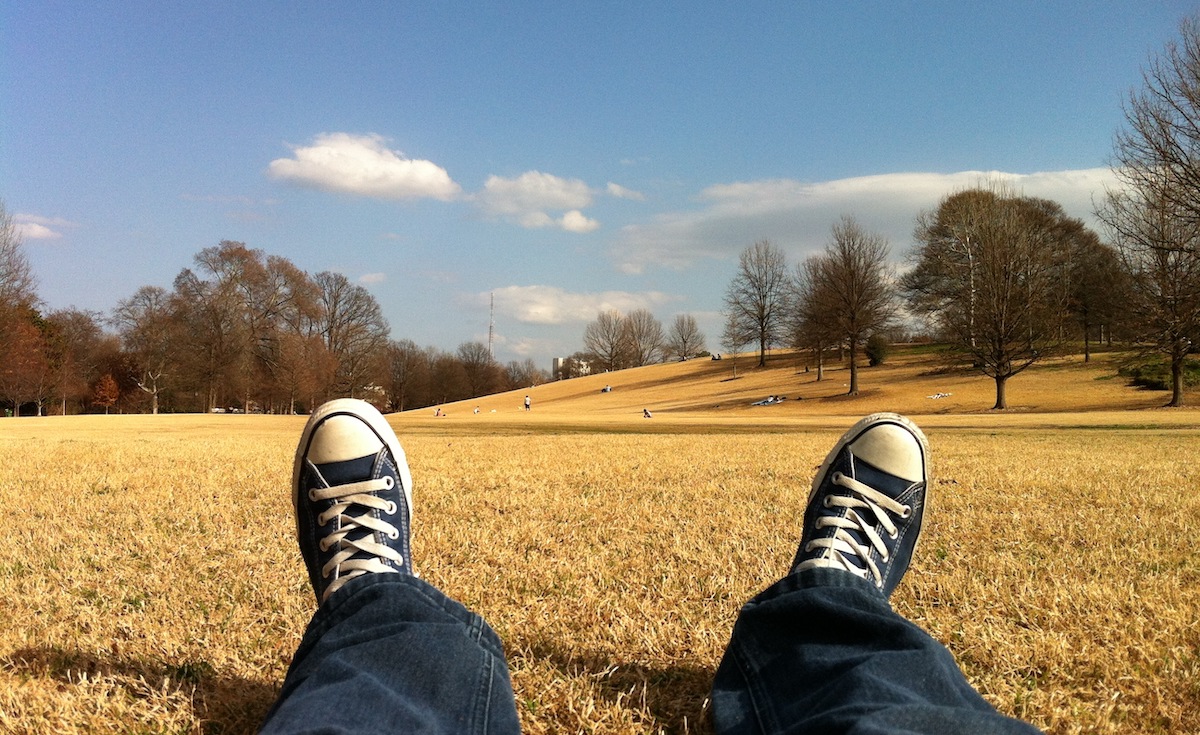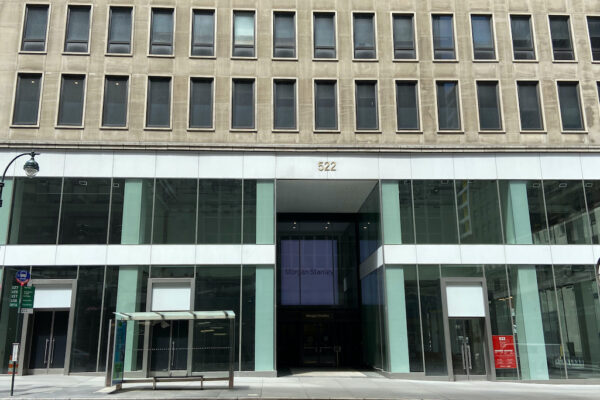Chances are high that in the month of December, you engage in some form of observance that may be based on an historical event or on the cycles of our sun and moon, such as Winter Solstice, Christmas, Kwanzaa, Saint Nicholas Day, Hanukkah, Santa Lucia or Bodhi Day.
Public holidays are part of what defines a nation. They are also a convenient opportunity to observe something while giving the populace a break from the life grind of routine.
In the US, the bar for reaching federal public holiday status carries an implied limit since federal workers receive paid time off for every official holiday on the books. By that sentiment, if we add a new holiday, an old one has to go. Trying to eliminate a holiday might be harder than introducing a new one (ask Columbus). So we stick with the same handful of public holidays that define some version of our nation but arguably not all of it.
Out with the Old; in with the New Normal
Countries wishing to self-define in a modern, welcoming way could rethink their approach to official holidays and celebrate or promote other equally meaningful occasions by switching their bank of national holidays every four years.
Each new holiday observance would give us a chance to honor, understand, or engage with an historical figure, an event, a time in history or a cultural touchstone. Options could also honor under-heralded yet vital joys: Catch Up on Sleep Day!
Countries should switch their bank of national holidays every four years.
For example, celebrating Sacagawea Day in her birth month of May would provide an opportunity to learn and discuss the life and work of this remarkable guide. The newly-observed holiday would remain in effect for four years, and then be swapped for another date and reason to celebrate, observe, or learn something about a nation’s values, history, people, or culture.
If there are holidays we simply must keep because they are at the core of a nation’s identity, then one or two base holidays might remain. Perhaps a country’s independence day or the country’s agreed upon start of a new year.
Party Planners
Who gets to choose what the four-year set of public holidays might be? Each country’s government could appoint a body of people, comprising a mixture of race, gender identity, belief systems, socio-economic status, cultures, ages, ethnicities and other human-construct identifiers.
Each group decides one set of four years at a time. Every two years another group shifts in to set the upcoming four-year period. The variable timeline of committees would create diversity of thought. If it works, the US could adopt the cycle-and-replace system for its Supreme Court.
Will this body of party planners get it wrong? Of course they will. See prize committees, judicial courts, editors, curators, parents, boards, councils, lawmakers, and any other entity that determines what’s best for another person or group. No doubt selected holidays will be based on something you or I disagree with. They may fall at inopportune times. They may represent outdated thinking or be based on false premises.
The beauty is that, every four years, there is an opportunity to replace the ill-chosen holiday with something else.
And it’s not like we’re nailing representation with the holidays we currently have.
For instance, in the US, there is at least one public holiday based on christian principles, despite a diverse population comprising a mix of cultures and belief-/non-belief systems. Roughly 63% percent of American adults identify as christian, leaving other religions and atheists to either participate in this christian-based public holiday or protest out in the cold.
If we had a cycling-through of holiday choices, at some point more people could feel represented by, say, a Winter Solstice day off from work.
Even if the holiday is “wrong” by whatever standard we judge wrongness and for however long it takes to replace it, the debate will encourage thought, understanding, and an active approach to questioning what we are doing on a day of observance.
Think of the media and commercial opportunities. Journalists on the holiday beat will have a chance to research and comment on all the new holidays each year. Happy Palindrome Day!
Businesses can think up new advertising and sales gambits. Greeting card writers are fresh with possibilities. Happy Arbor Day! Adopt a Rescue Day! Celebrate Punctuation Day!
Chaos Calendar
What a mess, you may be thinking. A shifting schedule will throw the markets into disarray. School schedules will resemble a food fight of disorder. When will we know to horde together, searching for useless tat and then en masse travel long distances to exchange gifts?
Arguably there is already chaos in the calendar.
Many cultures deal quite capably with shifting holidays. Dates for the lunar new year, Ramadan, Rosh Hashanah, Yom Kippur, Easter, and many more, vary, depending on the moon, the sun, an equinox or a solstice.
Cultures tied to certain calendars, like the Gregorian, handle imperfections by adding a day to the end of February and calling it a leap year. The intercalary year should be celebrated by computer programmers for ensuring they are never under-employed.
Whimsy or Heresy?
Holidays may be tied up in nostalgia or deep tradition. But, plenty of us find a way to convene with others and celebrate traditions with or without a public day off. Some US businesses even provide two floating holidays that can be used for whatever you worship, enabling a worker to take a day off for Marie Curie on November 7, for instance. So just as Diwali celebrants can perform the puja surrounded by other observers, Christmas revelers can still mark their holiday with friends and family, independent of a publicly-sanctioned day off.
But since this is a new idea, choosing December as a starting place is unlikely to convert at least some readers to the concept. So as an example, let’s look at a milder month for our experiment.

In the US, we have just one public holiday in September—Labor Day. It falls on the first Monday of the month, and its original premise was to recognize and honor the labor movement. To the average American, however, Labor Day is not when we celebrate workers or the labor movement. Instead, it’s generally one last attempt to enjoy summer, barbecues, beach, mountains, shopping, whatever. Retailers offer sales and discounts on back-to-school items, electronics, white goods, and other material items. Ironically, the celebrated worker for whom Labor Day exists doesn’t always have the day off.
Since the one holiday we observe in September could shift to International Workers’ Day on May 1st, let’s put September’s Labor Day aside for a few decades and dip in to the many events, people or ideas to celebrate, honor or observe that month.
There are plenty of variable dates that sometimes occur in September:
Feast from the Fields, the autumnal equinox is a time to revel in the harvest of many fruits and vegetables.
Ring in Regeneration, celebrate the mating season of some animals.
Stay or Leaf Day, enjoy the colorful metamorphosis of some trees as they prepare for winter.
Moon Festival, honor our earth’s night light.
September occasionally plays host to religious traditions celebrated by some Americans:
Rosh Hashanah, marks the start of a new year in the jewish calendar.
Yom Kippur, a day to atone and repent in the jewish calendar.
Eid Al-Fitr, heralds the end of Ramadan in the islamic calendar.
Michaelmas, a Celtic quarter day that marks the end of harvest.
There are specific September dates of historical and cultural significance that can build new traditions:
Remember, September 11 (2001).
Consider Our Constitution, September 17 (1787)
International Day of Peace, September 21. We have two holidays marking the deaths of soldiers. Shall we sacrifice one and mark peace with another?
Great American Artists, September 23 (1926). American composer and musician John Coltrane’s birthday.
These are just twelve potential public holidays in September. The opportunities are endless across the months and millennia to keep our calendars vibrant and exciting as we cycle through a new batch of annual holidays every four years.
Happy New Idea Day!
Sign up for our free newsletter; find us on instagram, fka twitter, and linkedin, and tell us what you think.
robin rusch






